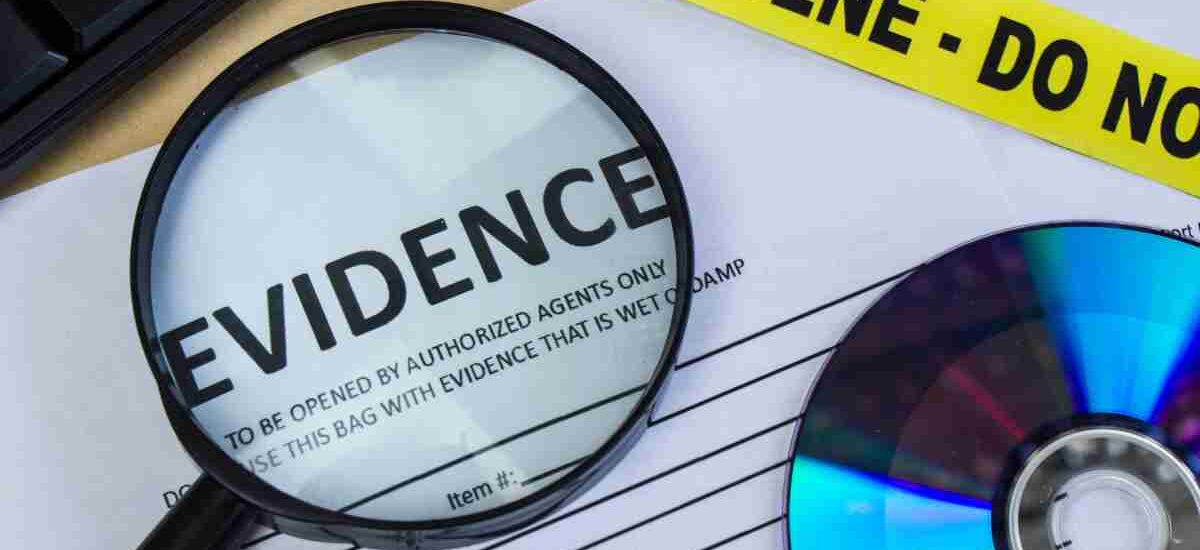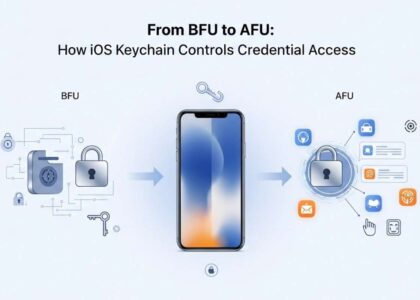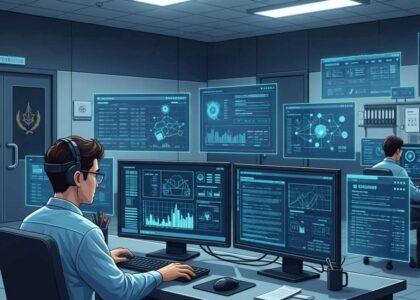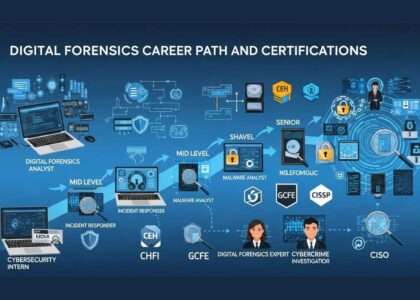Introduction
In today’s digital age, cybercrimes are becoming more sophisticated, and businesses, governments, and individuals need skilled professionals to investigate and counter digital threats. Digital forensics is a rapidly growing field that focuses on investigating cybercrimes, analyzing digital evidence, and helping law enforcement agencies bring criminals to justice. If you are interested in cybersecurity, technology, and law enforcement, a career in digital forensics can be both exciting and rewarding.
In this guide, we will cover everything you need to know about starting a career in digital forensics, including the required skills, education, certifications, job roles, and career growth opportunities.
What is Digital Forensics?
Digital forensics is the branch of forensic science that deals with the investigation and analysis of digital devices and networks to uncover evidence related to cybercrimes, fraud, hacking, and other malicious activities. The primary goal of digital forensics is to identify, preserve, analyze, and present digital evidence in a way that is legally admissible in court.
Areas of Digital Forensics
Digital forensics is divided into several subfields, including:
- Computer Forensics – Investigating data stored on computers and hard drives.
- Mobile Device Forensics – Analyzing data from smartphones and tablets.
- Network Forensics – Monitoring and analyzing network traffic to detect cybercrimes.
- Cloud Forensics – Examining data stored on cloud platforms.
- Malware Forensics – Studying malware behavior and identifying malicious programs.
Understanding these different branches can help you decide which area aligns best with your interests and career goals.
Why Choose a Career in Digital Forensics?
A career in digital forensics offers numerous benefits, including:
- High Demand – With the rise in cybercrimes, digital forensic experts are in high demand.
- Lucrative Salaries – Digital forensic professionals earn competitive salaries, with opportunities for growth.
- Diverse Career Options – Work in law enforcement, government agencies, private cybersecurity firms, or as a freelancer.
- Challenging & Exciting Work – Every case presents a unique challenge, keeping your job interesting.
- Making a Difference – Your work can help catch cybercriminals and protect organizations from cyber threats.
How to Start Your Career in Digital Forensics
1. Acquire the Necessary Educational Background
Most digital forensic careers require at least a bachelor’s degree in a related field such as:
- Cybersecurity
- Computer Science
- Information Technology (IT)
- Forensic Science
- Criminal Justice with a focus on Cybercrime
Some universities offer specialized degrees in digital forensics, which can provide a strong foundation for this career.
2. Develop Essential Skills
To become a successful digital forensic analyst, you need a mix of technical and analytical skills:
Technical Skills
- Proficiency in programming languages like Python, C++, and Java.
- Understanding of operating systems (Windows, Linux, macOS).
- Knowledge of networking and cybersecurity principles.
- Experience with forensic tools like Autopsy, EnCase, FTK, and Wireshark.
- Understanding of encryption, data recovery, and reverse engineering.
Soft Skills
- Strong analytical and problem-solving skills.
- Attention to detail for accurate evidence analysis.
- Communication skills for writing reports and presenting findings.
- Ethical integrity and ability to handle sensitive information.
3. Get Certified in Digital Forensics
Certifications can significantly boost your credibility and career prospects. Some of the most recognized digital forensics certifications include:
- Certified Computer Examiner (CCE)
- GIAC Certified Forensic Analyst (GCFA)
- Certified Digital Forensics Examiner (CDFE)
- EnCase Certified Examiner (EnCE)
- Certified Information Systems Security Professional (CISSP)
- Certified Ethical Hacker (CEH)
Earning these certifications demonstrates your expertise and commitment to the field.
4. Gain Hands-on Experience
Practical experience is crucial in digital forensics. Here’s how you can gain experience:
- Internships – Apply for internships with law enforcement agencies, cybersecurity firms, or IT departments.
- Self-Learning & Labs – Use online platforms like TryHackMe, Hack The Box, and CyberDefenders to practice forensic techniques.
- Open-Source Projects – Contribute to open-source digital forensic tools and projects.
- Freelancing – Offer forensic services on platforms like Upwork and Fiverr.
5. Build a Strong Portfolio
Your portfolio should showcase your skills, projects, and case studies. Include:
- Reports from forensic investigations.
- Analysis of real-world cybercrime cases.
- Research papers or blog posts on digital forensics.
A strong portfolio can help you stand out to employers and clients.
6. Apply for Jobs in Digital Forensics
Once you have the necessary skills and certifications, start applying for jobs. Common job roles include:
- Digital Forensic Analyst – Investigate cybercrimes and analyze digital evidence.
- Incident Responder – Handle security incidents and mitigate threats.
- Malware Analyst – Analyze and reverse-engineer malware.
- Forensic Investigator – Work with law enforcement to solve cybercrime cases.
- Cybersecurity Consultant – Advise companies on digital forensic practices.
Look for job openings on platforms like LinkedIn, Indeed, and government cybersecurity agencies’ websites.
Career Growth and Future Opportunities
With experience, you can advance to roles such as:
- Senior Forensic Analyst – Leading forensic investigations.
- Forensic Manager – Managing forensic teams and projects.
- Chief Information Security Officer (CISO) – Overseeing an organization’s cybersecurity strategy.
- Independent Consultant – Offering forensic services to various clients.
The field of digital forensics continues to evolve with emerging technologies like AI, IoT, and blockchain, creating new career opportunities.
Conclusion
Starting a career in digital forensics requires a strong educational background, technical expertise, certifications, and hands-on experience. It is a dynamic and rewarding field with high demand, excellent salary potential, and opportunities for career growth. By following the steps outlined in this guide, you can build a successful career in digital forensics and contribute to the fight against cybercrime.
If you’re passionate about technology, problem-solving, and cybersecurity, now is the perfect time to start your journey in digital forensics!






